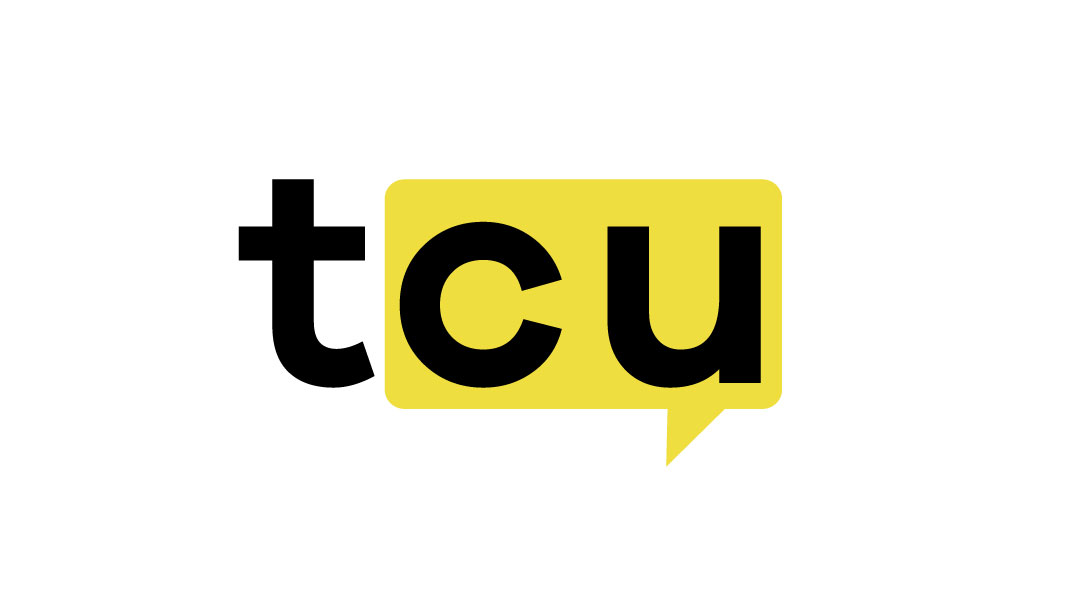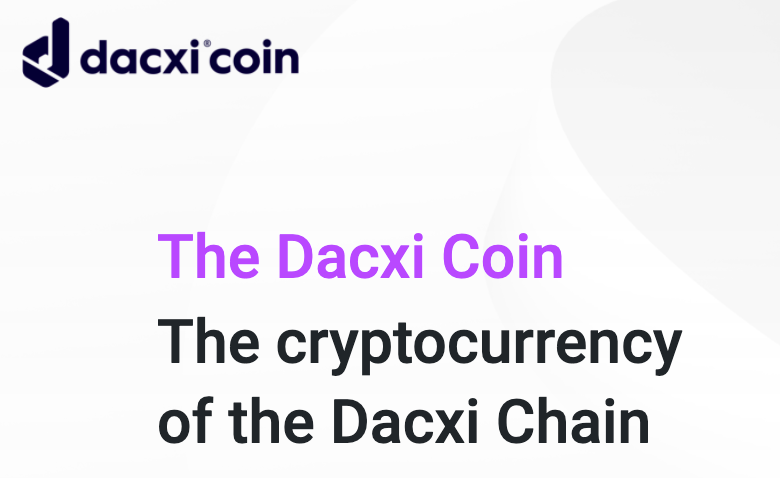Bug bounty hunting has become a popular method for identifying and mitigating security vulnerabilities in various technology ecosystems. In recent years, the emergence of blockchain technology has created new opportunities and challenges for bug bounty hunters. This article explores the unique challenges faced by bug bounty hunters in the blockchain ecosystem and provides strategies for overcoming these challenges.
Introduction
In the realm of cybersecurity, bug bounty hunting refers to the practice of discovering and reporting vulnerabilities in software or systems in exchange for rewards, typically in the form of cryptocurrencies or monetary compensation. Bug bounty programs have gained traction across industries, including the blockchain ecosystem, where the decentralized nature of blockchain networks introduces specific challenges for security researchers.
What is Bug Bounty Hunting?

Bug bounty hunting involves actively searching for security flaws or weaknesses in software, applications, or networks. By identifying vulnerabilities, bug bounty hunters play a crucial role in enhancing the security and stability of digital platforms. In the context of the blockchain ecosystem, bug bounty hunting aims to identify vulnerabilities in blockchain protocols, decentralized applications (dApps), smart contracts, and related infrastructure.
The Rise of Bug Bounty Programs in the Blockchain Ecosystem
The increasing adoption of blockchain technology has led to the rise of bug bounty programs specifically tailored for the blockchain ecosystem. Blockchain projects and organizations recognize the importance of proactive security measures and incentivize bug bounty hunters to uncover vulnerabilities that could compromise the integrity and functionality of their systems.
Unique Challenges for Bug Bounty Hunters in the Blockchain Ecosystem
Bug bounty hunters operating within the blockchain ecosystem face several unique challenges that require specialized skills, knowledge, and approaches. Understanding these challenges is essential for bug bounty hunters to navigate the complex landscape effectively.
1. Complex and Evolving Technology
Blockchain technology is intricate and constantly evolving. Its decentralized nature, cryptographic algorithms, and consensus mechanisms pose challenges for bug bounty hunters in comprehending the underlying technology and identifying potential vulnerabilities. Staying up to date with the latest advancements and trends in blockchain technology is crucial for bug bounty hunters to remain effective.
2. Decentralization and Anonymity
Decentralization, a key feature of blockchain, introduces challenges related to anonymity and attribution. Bug bounty hunters may encounter difficulties in identifying the responsible parties behind a particular vulnerability due to pseudonymous addresses and transactions. Overcoming these challenges requires specialized techniques and tools for tracing transactions and attributing vulnerabilities.
3. Lack of Regulatory Frameworks
The blockchain ecosystem operates in a relatively unregulated space. The absence of clear regulatory frameworks poses challenges for bug bounty hunters in terms of legal and ethical considerations. Determining the boundaries of permissible actions and responsible disclosure becomes crucial to ensure bug bounty hunters operate within legal and ethical boundaries.
4. Smart Contract Vulnerabilities
Smart contracts, self-executing agreements built on blockchain platforms, present a unique challenge for bug bounty hunters. Flaws in smart contract code can lead to severe financial consequences and undermine the trust in blockchain applications. Identifying vulnerabilities in smart contracts requires specialized knowledge of programming languages, cryptography, and an understanding of blockchain architecture.
5. Competition and Crowded Market
The growing popularity of bug bounty programs in the blockchain ecosystem has led to increased competition among bug bounty hunters. With more researchers vying for rewards, finding and reporting valuable vulnerabilities becomes more challenging. Bug bounty hunters must continually refine their skills and employ creative approaches to stand out in a crowded market.
Strategies for Overcoming Challenges
While the challenges faced by bug bounty hunters in the blockchain ecosystem may seem daunting, several strategies can help navigate and overcome them effectively.
1. Continuous Learning and Skill Development
Blockchain technology is rapidly evolving, making continuous learning and skill development essential for bug bounty hunters. Keeping abreast of the latest research, attending conferences, participating in online communities, and engaging in hands-on experimentation are crucial for staying ahead of the curve.
2. Collaboration and Knowledge Sharing
The blockchain ecosystem thrives on collaboration and knowledge sharing. Bug bounty hunters should actively engage with the community, join specialized forums and chat groups, and contribute their findings. Collaborating with other security researchers fosters a culture of shared learning and helps in tackling complex challenges together.
3. Building Strong Relationships with Blockchain Projects
Establishing strong relationships with blockchain projects and organizations is beneficial for bug bounty hunters. By building trust and rapport, bug bounty hunters can gain access to private bug bounty programs and receive early insights into new projects or protocols. Maintaining open lines of communication can also lead to more effective collaboration and timely vulnerability disclosures.
4. Ethical Dilemmas and Responsible Disclosure
Bug bounty hunters often face ethical dilemmas when discovering vulnerabilities that could potentially cause harm. Responsible disclosure, which involves reporting vulnerabilities to the appropriate stakeholders while adhering to established guidelines, is crucial. Bug bounty hunters should prioritize responsible disclosure to minimize the risks associated with unpatched vulnerabilities.
6. Privacy and Confidentiality Challenges
The blockchain ecosystem presents unique privacy and confidentiality challenges for bug bounty hunters. While blockchain technology offers transparency and immutability, it also exposes certain information to the public. Bug bounty hunters must navigate privacy concerns and understand the implications of data exposure within the blockchain ecosystem.
7. Forking and Network Consensus Challenges
Blockchain networks occasionally experience forks, resulting in multiple chains and versions of the same blockchain. Bug bounty hunters face challenges in identifying and addressing vulnerabilities specific to each forked chain. Additionally, the consensus mechanisms employed by different blockchain networks may introduce complexities in validating reported vulnerabilities.
8. Scalability and Performance Challenges
Scalability and performance are critical aspects of blockchain technology. As the adoption of blockchain expands, bug bounty hunters face challenges in identifying vulnerabilities related to scalability bottlenecks, network congestion, and inefficient resource allocation. Understanding the intricacies of blockchain scaling solutions and optimizing performance becomes essential.
9. Cross-Chain Interoperability Challenges
The rise of interoperability solutions enables the interaction between different blockchain networks. However, cross-chain interoperability introduces its own set of challenges for bug bounty hunters. Ensuring secure communication and preventing vulnerabilities that may arise from cross-chain interactions require specialized knowledge and expertise.
10. Regulatory Compliance Challenges
While blockchain technology operates in a relatively unregulated environment, bug bounty hunters may encounter challenges related to regulatory compliance. Depending on the jurisdiction, certain actions or vulnerabilities may have legal implications. Navigating the legal landscape and ensuring compliance with relevant regulations is crucial for bug bounty hunters operating in the blockchain ecosystem.
11. Token and Asset Security Challenges
Blockchain ecosystems often involve the use of tokens and digital assets. Bug bounty hunters must be well-versed in the security considerations specific to token and asset management within blockchain networks. Vulnerabilities related to token transfers, wallet security, and smart contract interactions require thorough investigation and analysis.
12. DeFi and Smart Contract Auditing Challenges
The booming decentralized finance (DeFi) sector introduces new challenges for bug bounty hunters. Smart contract audits play a crucial role in ensuring the security and reliability of DeFi protocols. Bug bounty hunters specializing in smart contract auditing face the challenge of identifying vulnerabilities that can potentially lead to financial losses or exploitation of DeFi protocols.
13. Tokenomics and Economic Model Challenges
Understanding the tokenomics and economic models of blockchain projects is essential for bug bounty hunters. The design and implementation of tokenomics can impact the incentives, governance, and security of a blockchain ecosystem. Bug bounty hunters must consider the economic aspects and potential vulnerabilities arising from token distribution, inflation, or manipulation.
14. Geographic and Jurisdictional Challenges
The decentralized nature of blockchain technology often leads to a distributed network of contributors across various geographic locations. Bug bounty hunters may encounter challenges related to jurisdictional differences, including legal systems, language barriers, and cultural nuances. Overcoming these challenges requires adaptability and understanding of global perspectives.
The Future of Bug Bounty Hunting in the Blockchain Ecosystem
The article can conclude with a discussion on the future of bug bounty hunting in the blockchain ecosystem. This section can explore emerging trends, technologies, and potential solutions to the challenges faced by bug bounty hunters. It can highlight the importance of continuous adaptation, collaboration, and the role of bug bounty hunters in shaping the security landscape of blockchain technology.
Social Engineering Attacks in the Blockchain Ecosystem
Bug bounty hunters in the blockchain ecosystem not only face technical challenges but also social engineering attacks. Malicious actors may attempt to deceive users or manipulate their actions to exploit vulnerabilities. Bug bounty hunters need to be aware of social engineering techniques and educate blockchain users about best practices to prevent falling victim to such attacks.
Security Auditing Tools and Techniques for Bug Bounty Hunters
Bug bounty hunters rely on a variety of tools and techniques to identify vulnerabilities in the blockchain ecosystem. This subtopic can explore popular security auditing tools, such as static code analyzers, vulnerability scanners, and blockchain explorers. Additionally, it can discuss manual techniques employed by bug bounty hunters, such as code review, fuzzing, and penetration testing.
Conclusion
Bug bounty hunters operating in the blockchain ecosystem face unique challenges due to the complex and ever-evolving nature of blockchain technology. Overcoming these challenges requires continuous learning, collaboration, and building strong relationships with blockchain projects. By adopting ethical practices and responsible disclosure, bug bounty hunters contribute to the security and resilience of the blockchain ecosystem.




